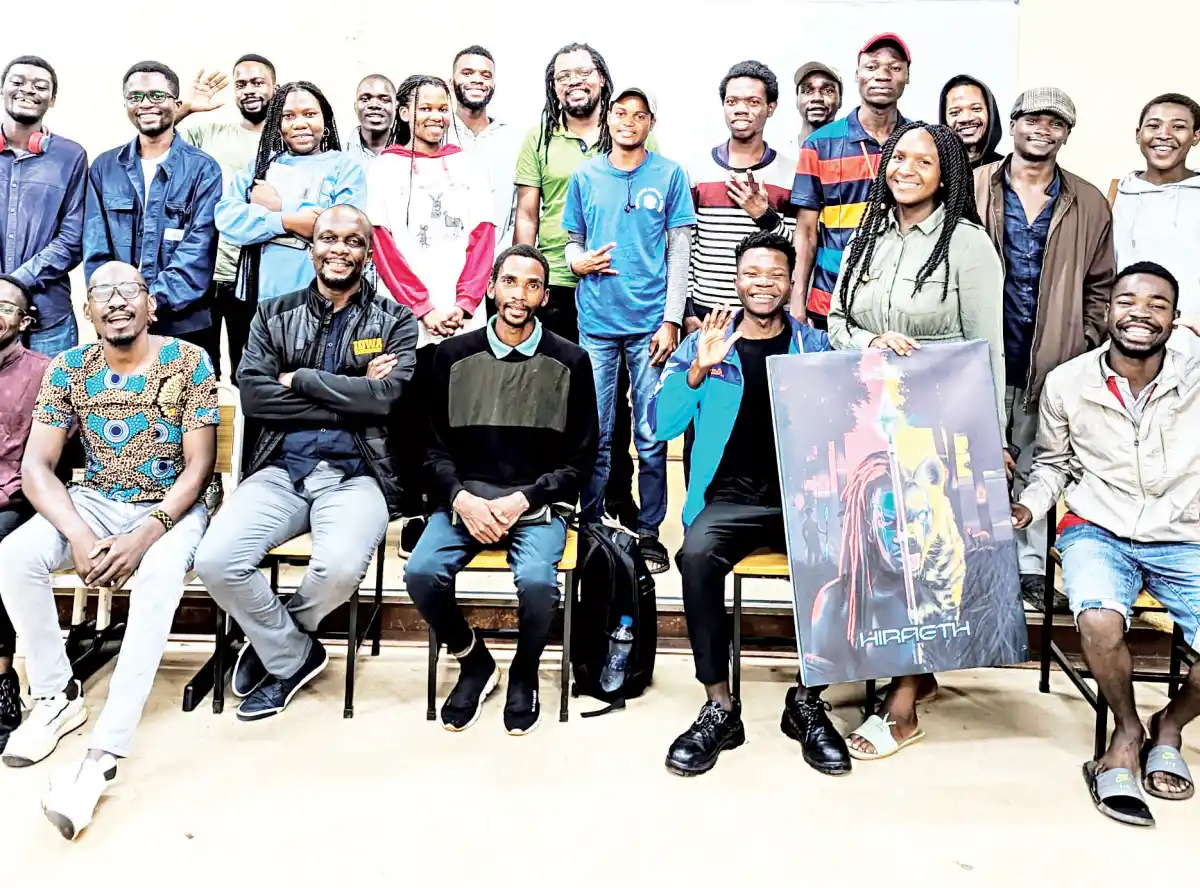

Creative writing is an interesting art form which has seen some players enjoying it to the fullest. Wesley Macheso, currently Head of the Department of Literary Studies at the University of Malawi (Unima) in Zomba, is one of them. Through his creative writing feats, Macheso has earned opportunities outside the country where he has rubbed shoulders with great writers. In this conversation with SAM BANDA JNR, Macheso talks creative writing in detail as well as what led him to fall in love with it.
Let’s start in this way: What motivated you to venture into creative writing?
To me, creative writing is an art that mostly emerges from talent. So, I believe I always had that talent in me only that I had to unleash it through practice. Having said that, I cannot downplay the influence of the environment I grew up in. We always had a lot of books and my parents were always reading and encouraging us to read. So, it may be those stories I read as a child that influenced me to write.
This far, what are some of your success stories?
Writing has been a blessing to me. I have travelled to several countries around the world because I am a writer. Apart from travelling and attending writing workshops and seminars, writing has also earned me international recognition. I have so far published two books and several short stories in international anthologies and online magazines. Among other things, I was a writer in residence at the University of Iowa’s prestigious International Writing Program (IWP) in United States of America. I participated in the Miles Morland Foundation (MMF) creative writing workshop, and I was three times shortlisted for the Morland scholarship for African writers. I won the Peer Gynt Literary Award for my novella, Akuzike and the Gods. I was once shortlisted for the Short Story Day Africa (SSDA) prize. I also participated in the African Writers’ Trust (AWT) editing and publishing training workshop. All these, and more, have helped improve my art to serve writing better.
From where you are coming to where we are now, where do you think we are in terms of creative writing?
I think, as a country, we are getting back on our feet in terms of writing. I am saying this because there is a noticeable gap in creative output when you compare with the 80s and 90s to the first decade of the 21st century. Maybe it was the frenzy of democracy, or something else, but the good thing is that we are seeing more new Malawian voices emerging. The Malawi Writers Union (Mawu) has also risen from the grave and the future looks very promising.
What have we done better and what do you think we are not doing right?
What we are doing better is that we are trying to write, but I think we are still failing to set the right standards for our writing. Most of the new generation writers show lack of awareness on what writing and publishing is all about. You will find a lot of people self-publishing, which to me, is a weakness. A writer must go through the rigorous process of submitting their work to accredited publishers for peer review, the same way iron goes through fire. Vanity publishing will not take us anywhere and that is why there are very few Malawian names on the international stage. We must refuse to be mediocre.

As University of Malawi staff member, walk us through the Department of Literary Studies as regards creative writing – what is the progress in terms of shaping creative writers?
As a university, and especially under our department, we have nurtured writing for a very long time. The story of writing in Malawi cannot be complete without mentioning the Writers’ Workshop at the then Chancellor College. This workshop still exists. Most of our big names like Jack Mapanje, Ken Lipenga and Steve Chimombo are products of that workshop. Today, the Department of Literary Studies offers courses in creative writing; from fiction, poetry, to creative non-fiction. These courses are offered in the Bachelor of Arts (Literary and Cultural Studies) programme. We also have plans to introduce a degree programme in Literature and Creative Writing, which should see us shaping more creative writers.
A lot has changed in this digital world. What do you think needs to be done to elevate creative writing and keep up with the modern world?
I believe that good writing is known by its affinity to humanity. The human element must be there and that is why writing generated by new technologies like Artificial Intelligence (AI) will never beat original creativity. In short, writers must write and not rely too much on technology for creativity. On the other hand, we must learn to use digital platforms like e-zines and blogs to expose our work. Social media platforms are also useful as a lot of opportunities are shared there, and we can take advantage of such openings to sell our work internationally. We actually need a Malawian digital magazine worth its salt out there!
As Head of Department, what would be your advice to creative writers out there as well as those wanting to write but are afraid to do so?
My advice to writers is that they must write and they must read. The only way one can improve their art is through practice, and for writing, practicing means reading and writing. As a university department that is entirely into the teaching of literature, we are in need of more Malawian voices. We would love to see more properly published work by Malawians that we can incorporate into our curriculum.
Any other comments you can make as regards creative writing?
I just want to remind writers out there that writing is very rewarding, but it demands patience and meticulosity. There are certain habits one has to cultivate first before they call themselves a writer. I am still learning, myself, but eventually it will happen.


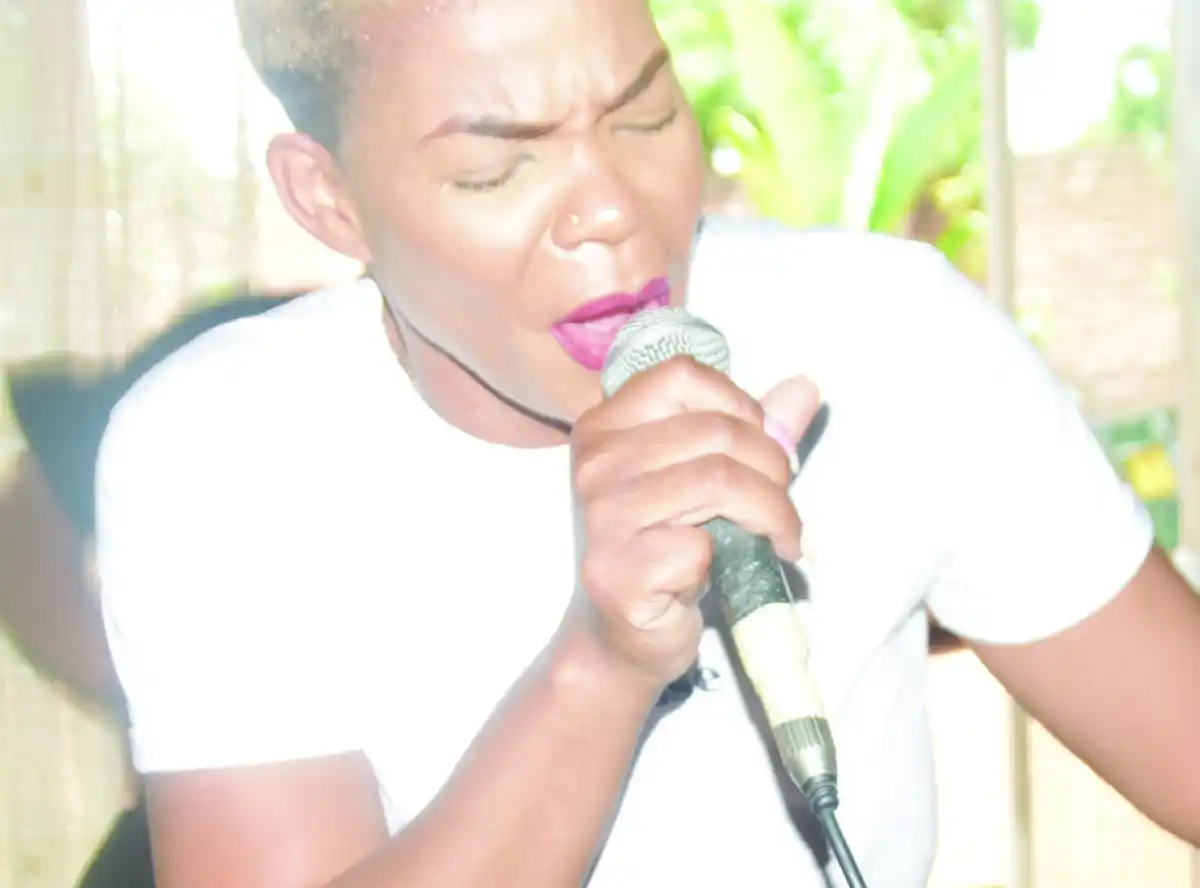
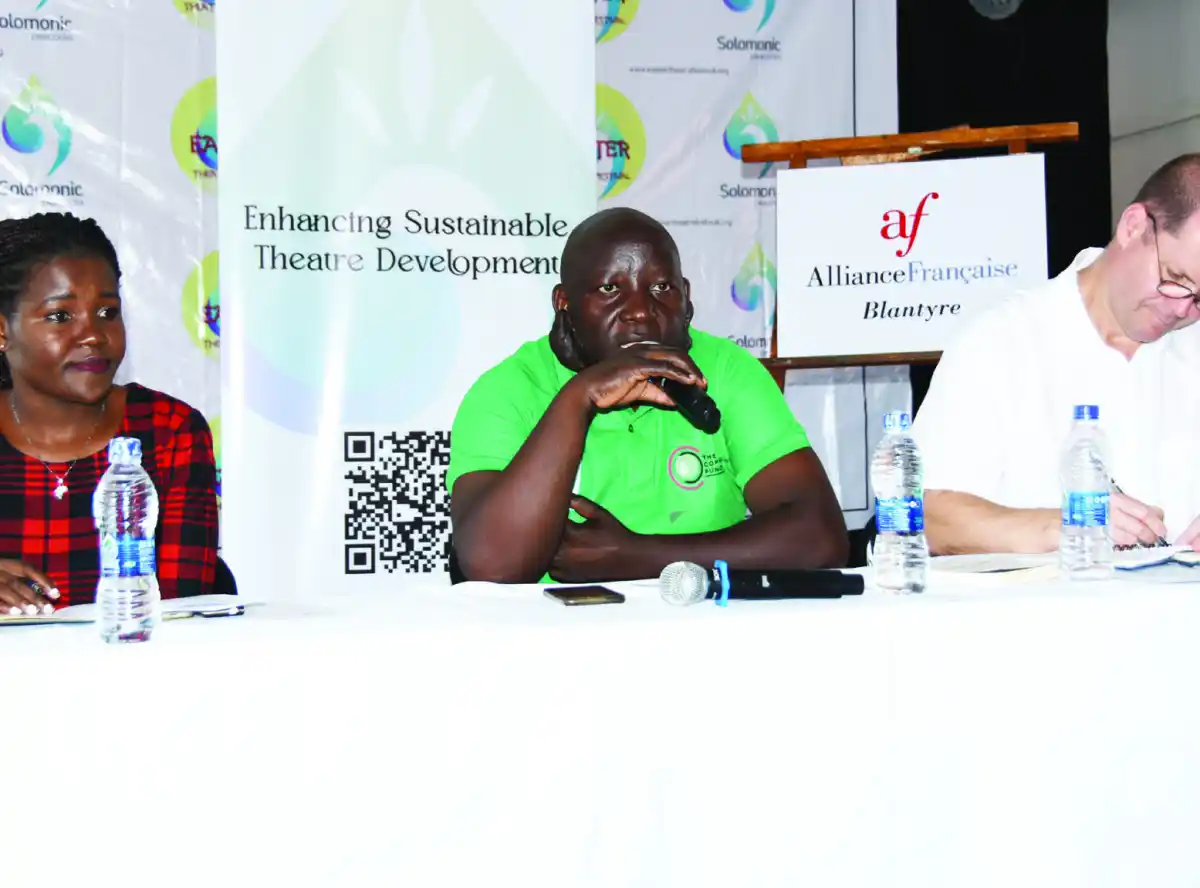
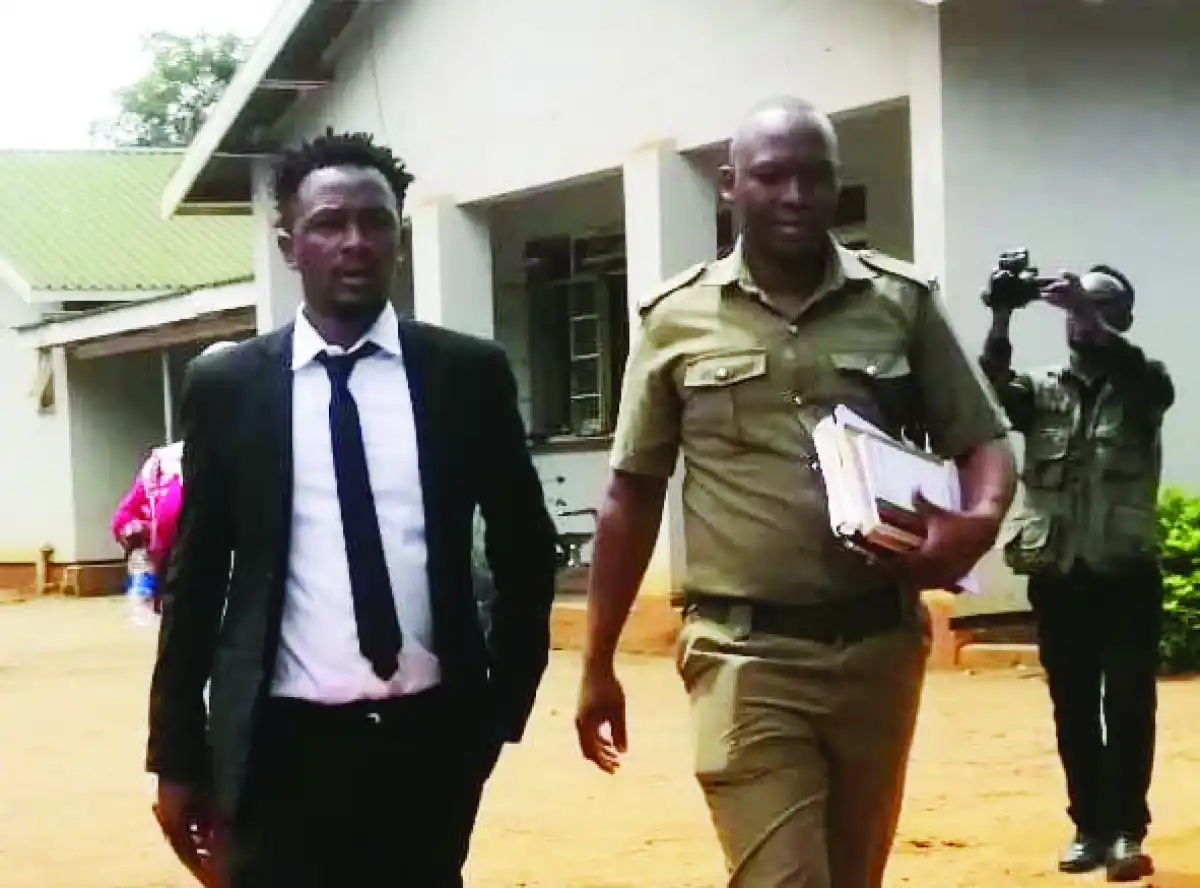
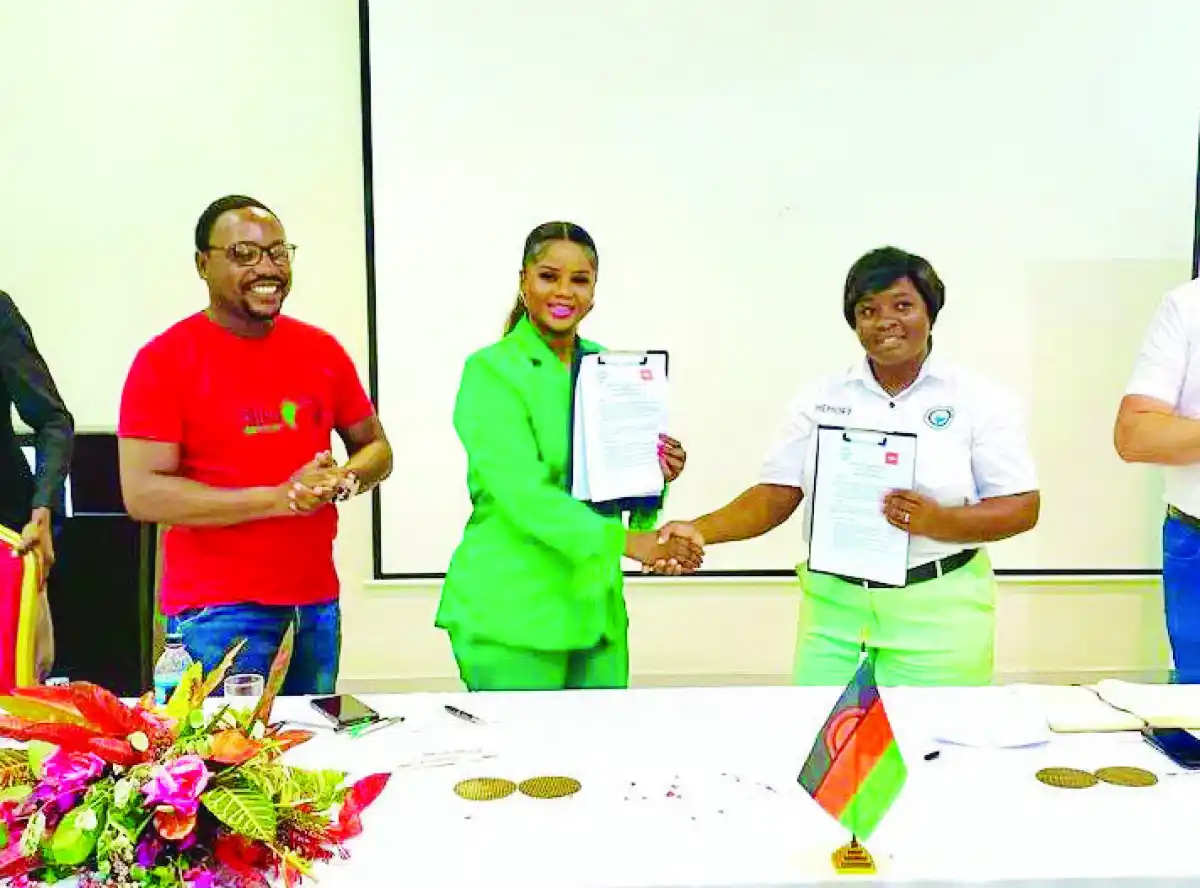
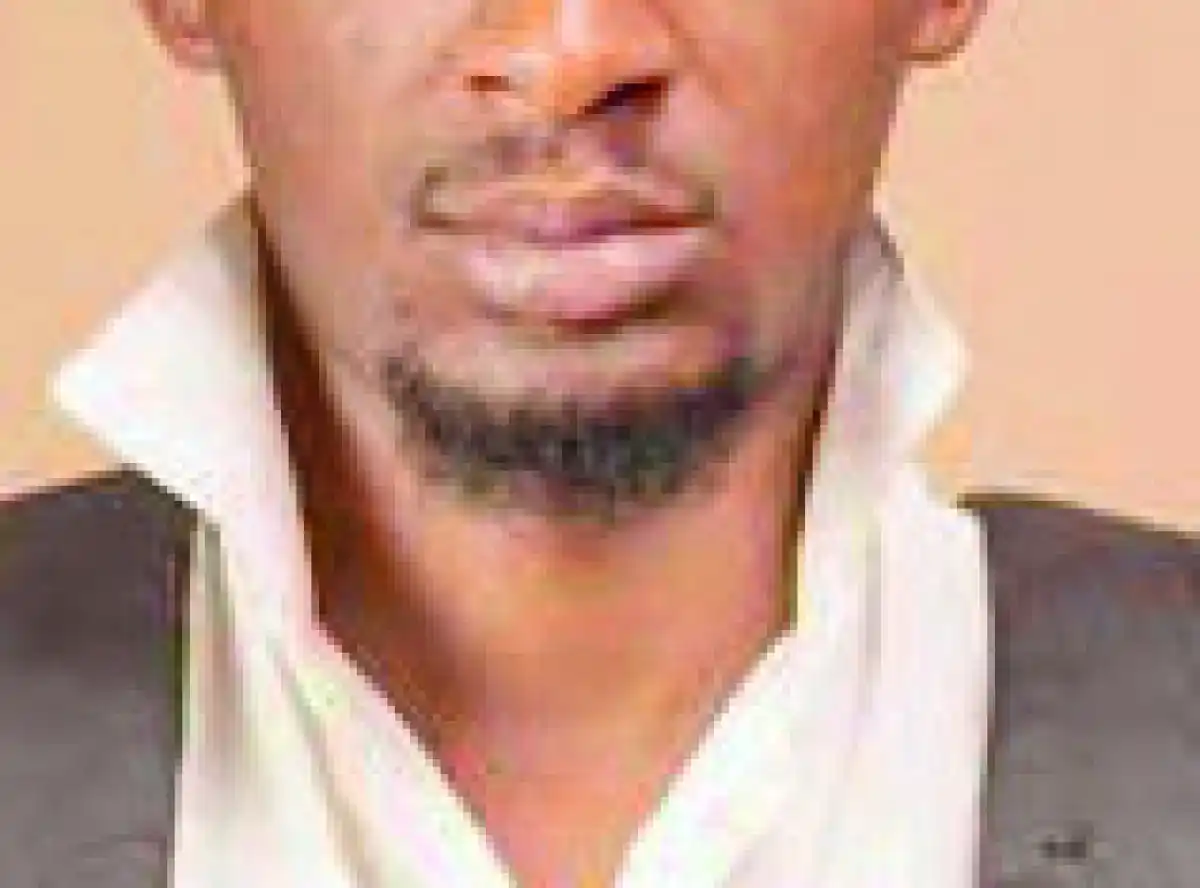
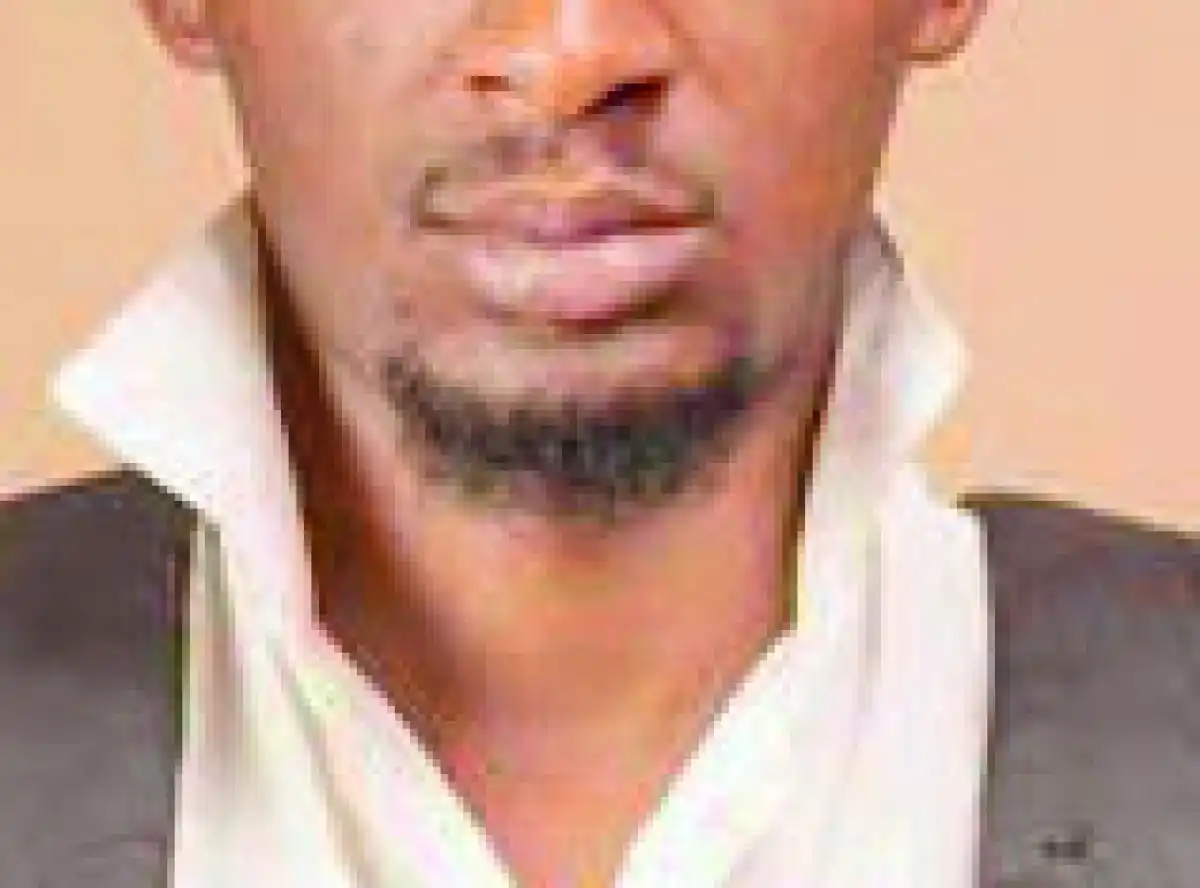
0 Comments